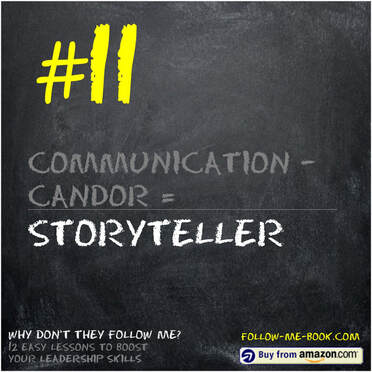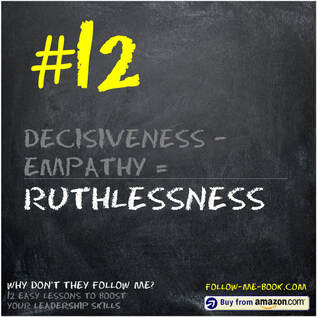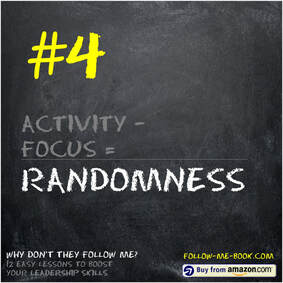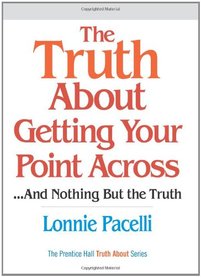
Colleagues, I feel your pain on this issue.
Scenario #1: You’ve got a critical position that needs to be filled by a qualified candidate, and quick. For every day the position doesn’t get filled, your in-box fills up a bit more with work to be done because your unfilled position hasn’t been staffed. You see tons of resumes and have interviewed scores of candidates, but the rock star you’re looking for isn’t emerging. You refuse to “settle” for a mediocre candidate, but the work is piling up and you’ve got to do something.
0 Comments

As a child and young adult I was very independent. Regardless of the situation, if I was doing something I was determined to do it myself and not ask for anyone's help. In my eyes asking for someone's help was akin to admitting defeat or somehow showing others that I was weak or incompetent. My attitude was "If someone else can do it, I can do it". How Naive.

My wife Patty and I purchased a townhome back in 2009. It is in a beautiful area, walking distance to the types of things we like to do. Built in the 1970s, it was badly in need of major renovation. I saw the potential and after one visit was ready to put in an offer. Patty needed to go back a couple more times to look at the townhome, the property grounds, and the neighborhood. She needed more time to think through and absorb what we were considering before moving forward. We made an offer four days after seeing the townhome, when we were both comfortable with the purchase. Then we proceeded with gutting and remodeling, then moved in June 2011. We never regretted the decision.
Our home purchase example was the first time I consciously thought about how quickly I made decisions and moved forward with implementation relative to Patty’s more deliberate approach. At first, I was frustrated with our speed differences, wondering why she couldn’t move as fast as me. As we’ve continued to grow, I’ve learned to respect and appreciate her more thoughtful and deliberate pace as she raises issues that I might not consider. We now recognize each other’s processing speed, or what I call “think-do cycle,” and how our different styles yield a decision-making speed we’re both content with. The think-do cycle applies to work teams as well. You may have some on your team who are ready to launch on a proposed solution when others need time to process. When differing think-do cycles aren’t acknowledged and embraced, work teams could get frustrated with moving either too fast or too slow. When differences are embraced, decisions and resulting action are made with better team buy-in. As the leader, your job is to balance team-buy-in with the timeliness that a decision must be made. It’s not easy to do; but it’s something that leaders continually need to balance to minimize execution friction. |
Topics
All
Reprints
Contact Lonnie about article reprints. Please specify article you wish to reprint. Backlist
See Lonnie's Amazon Author Page Archives
July 2024
|
Lonnie Pacelli - Building Thriving Leaders™
Insightful | Creative | Direct Advice to Help Leaders Help Themselves
Keynote Speaker | Board Director | Autism Advocate | Author | Project Management Expert | Microsoft/Accenture Veteran
See his books on Amazon
Insightful | Creative | Direct Advice to Help Leaders Help Themselves
Keynote Speaker | Board Director | Autism Advocate | Author | Project Management Expert | Microsoft/Accenture Veteran
See his books on Amazon
Services |
About
|
© COPYRIGHT 2019. ALL RIGHTS RESERVED.
We are a participant in the Amazon Services LLC Associates Program, an affiliate advertising program designed to provide a means for us to earn fees by linking to Amazon.com and affiliated sites.
|


 RSS Feed
RSS Feed